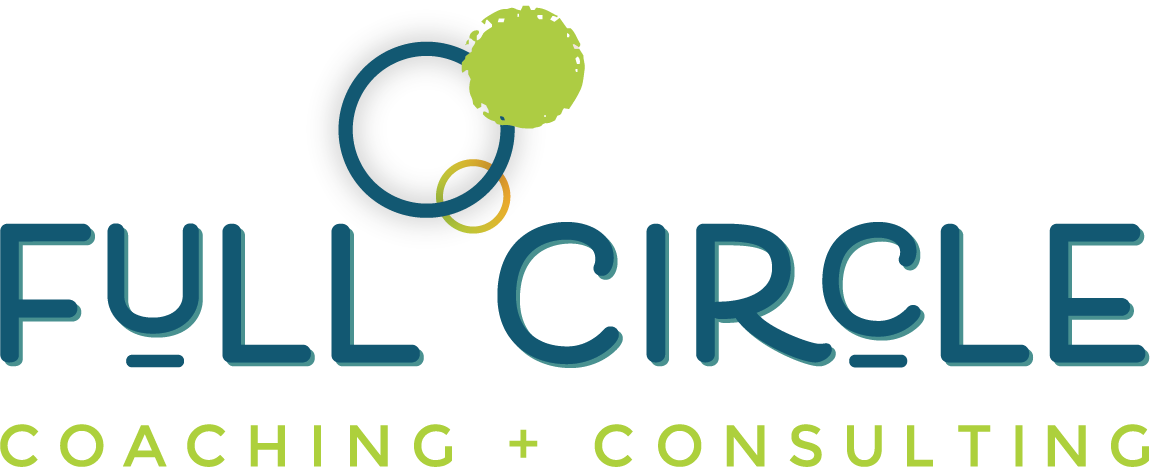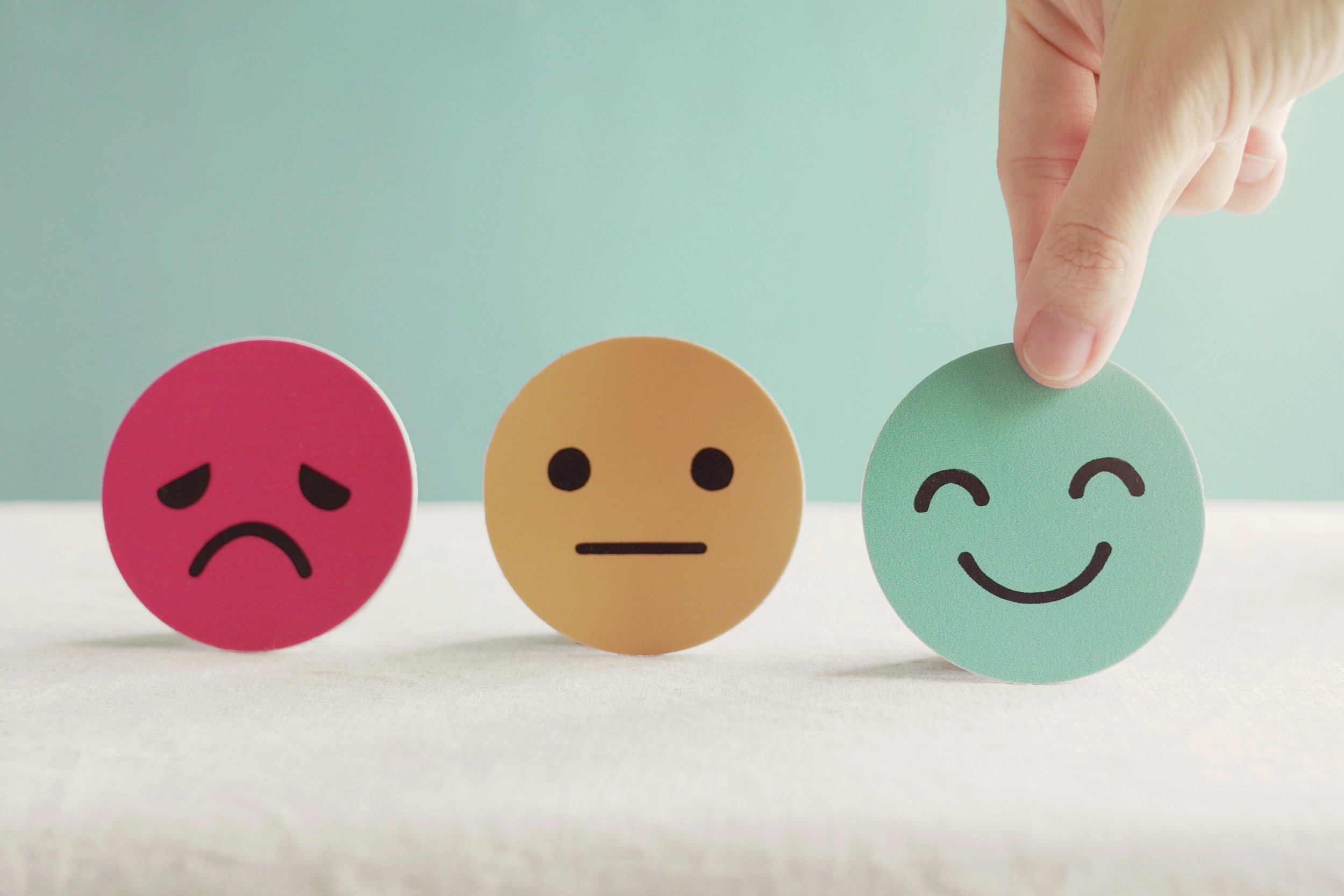Happy or Unhappy…Are Those Our Only Choices?
What does being happy mean to you? What does being un-happy mean to you? I think most of us walk around thinking that we’re either happy or we’re not, a bi-modal either/or, black or white, on or off way of thinking.
This offers us limited choices on defining our mood. We only have one good choice and one bad choice. Compound this with the constant barrage of news, headlines and advertisements that tell us we SHOULD be HAPPY. We SHOULD feel good and be positive all of the time. Be UP. Be JOYOUS. Just be HAPPY. The pressure we all experience to be happy is tremendous.
But what if you don’t feel up, happy, joyous, thankful or grateful all of the time? Does that mean you’re chronically unhappy? That you’re depressed and miserable? That you need to see a therapist and start an anti depressant? That your life is hopeless and you make everyone around you feel down and depressed too?
Don’t go there yet. Hear me out. I am here to provide an alternative to this limited way of thinking about our state of being. I think there is another option besides Happy or Unhappy.
But first, let me give you a quick biology lesson on the body’s response to emotions of any kind.
Emotions are stressful on the body, and this means all emotions; happy, sad, depressed, anxious, nervous, joy, excitement, you name it, they all produce stress in the body. The way they produce stress may differ, meaning the specific chemicals and hormones that are released, but the impact on the body, physiologically speaking, is generally the same.
Homeostasis is the body’s natural state of being in balance and is what the body seeks to attain on a regular basis. Emotions, happy or unhappy, take the body out of homeostasis and increase the amount of work it has to do to get back to a balanced state. The body does not like to be unbalanced, out of homeostasis.
Let me introduce the concept of NOT un-happy.
This is a state of neither overly happy nor unhappy. It’s a neutral state of just being, feeling generally pretty good, neither in the happy or unhappy camp. NOT un-happy is homeostasis, a resting state.
I’d like to propose that most of the time we are actually in this not un-happy state, just cruising along with our day-to-day lives. But our socially and self-imposed expectation to be happy all of the time derails us from seeing this neutral place.
Running our errands, attending meetings or going to the gym, we are in a state of neither happy nor unhappy. We are NOT unhappy. Unless we consciously bring our minds to evaluating and labeling our mood as either happy or unhappy, we are in this resting of state of NOT un-happy.
I think it is an OK place to be. Actually, I think it is a good place to be. It gives our bodies a physical break from the stress reaction of any emotion and it gives our minds a break from the constant pressure to be happy. We can simply BE.
Think about it, do you need to be happy, up and positive to clean the house? Or can you just simply be? Neither happy nor unhappy?
Or, do you need to be miserable, anxious and uptight in a meeting? Or can you just be? Observing, listening and contributing in a balanced NOT un-happy way?
Society has laid this expectation on us that we have to be happy all of the time; otherwise we are unhappy and miserable. Reject this expectation.
We don’t have to buy into this lame, and frankly unachievable expectation. We can adopt NOT un-happy as an option and realize that we are actually doing our bodies and our minds a favor by allowing our emotions to be in a resting state.
So, the next time you think about being happy or not, add NOT un-happy to your option list. I’m betting that you’ll feel less stressed, less concerned and less focused on being happy. You’ll just BE. And then when you do experience a happy state, you’ll cherish it all that much more because you’ll appreciate that happiness is transient.
Choose to recognize NOT un-happy as an option for your well-being and you will reap the benefits of balance in your life.

